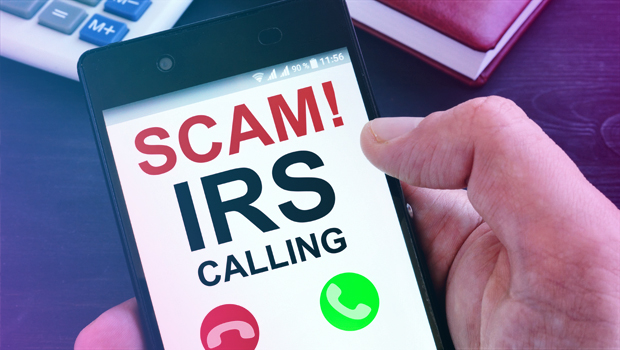As you already know, Congress recently passed the largest emergency financial stimulus package in the history of the United States. Officially called the Coronavirus Aid, Relief, and Economic Security Act (CARES Act), this law provides, among other things, cash payments to Americans. The IRS will administer this process, which creates the potential for various tax scams.
Continue reading “Coronavirus Tax Scams”







